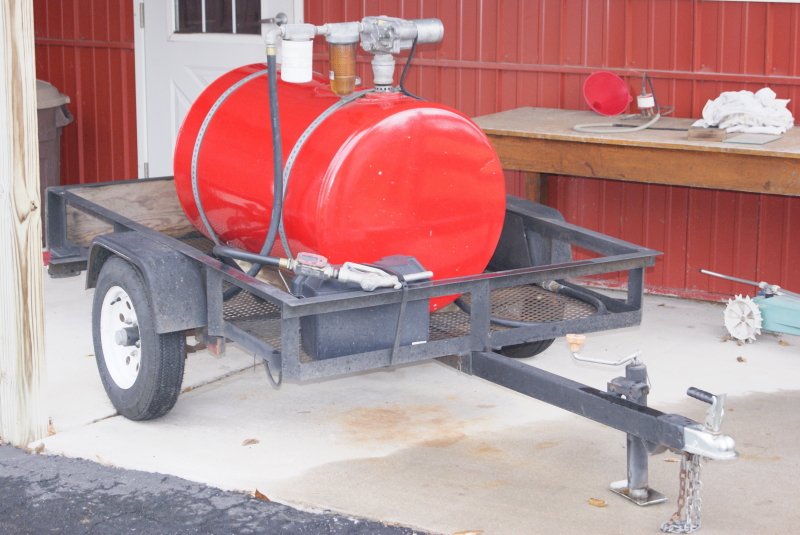JOhnH
Touchdown! Greaser!
I've pumped over 10,000 gallons of unleaded fuel through this baby.

I've saved over $12,000 burning mogas.
Where and how do you buy your unleaded, non-ethanol gas? Do you have a self-service pump somewhere or do you have to have it pumped by someone else? Is there a problem using an unapproved (I assume) gas tank?
If a new carb fixes my CHT problem, THEN I might consider running mogas, if I can find it. But time is money so if it is going to take time away from work or flying or other valuable hobbies, it might not be worth it. I already waste way to much time on POA.

